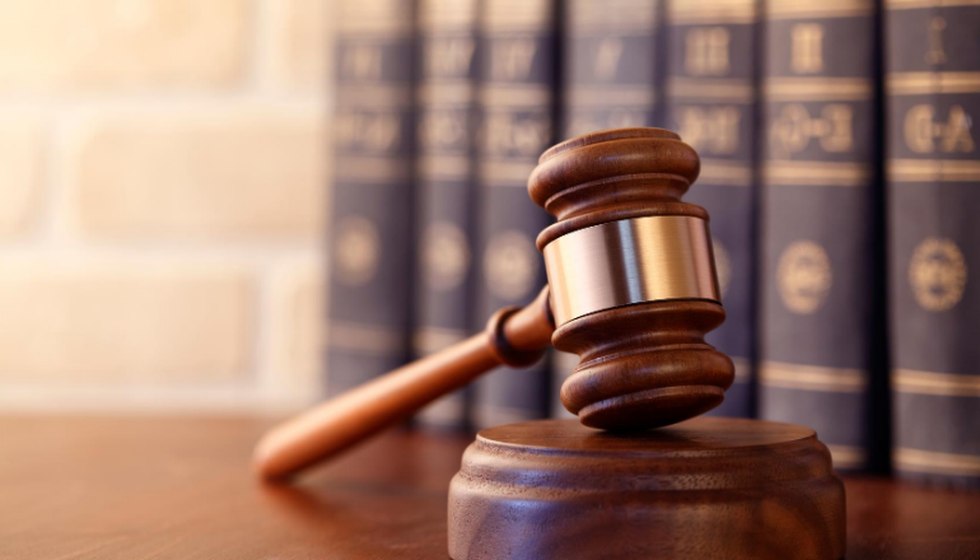In a significant ruling, the Supreme Court of India has addressed the issue of seeking relief for seized assets directly from the High Court without obtaining prior approval from the magistrate under Section 451 of the Criminal Procedure Code (CrPC).
Importance of Due Process:
The judgment emphasizes the importance of adhering to due process in legal matters related to seized assets. It highlights the significance of following established legal procedures and engaging with the appropriate judicial authorities.
Disruption of Legal Framework:
The Supreme Court observes a trend where individuals and entities bypass the magistrate and directly approach the High Court for relief regarding their seized vehicles. Such actions are deemed to disrupt the established legal framework and orderly administration of justice.
Necessity of Magistrate Approval:
The court underscores the necessity of obtaining magistrate approval for the release of seized vehicles. This requirement ensures that decisions regarding seized assets are made judiciously, considering the facts and circumstances of each case.
Respect for Judicial Hierarchy:
The ruling emphasizes the importance of respecting the hierarchy of judicial authorities. While the High Court serves as a recourse, parties involved in matters concerning seized assets should exhaust remedies available at lower levels of the judiciary before seeking its intervention.
Reaffirmation of Due Process:
In essence, the Supreme Court’s verdict reaffirms the primacy of due process and underscores the pivotal role of magistrates in adjudicating matters related to seized assets under the CrPC. It reflects the court’s commitment to upholding the rule of law and preserving the integrity of the legal system.
Multiple-Choice Questions (MCQs):
- What does the Supreme Court ruling address?
- A) Property rights
- B) Due process for seized assets
- C) Taxation laws
- D) Environmental regulations
- Answer: B) Due process for seized assets
- Why does the Supreme Court emphasize obtaining magistrate approval?
- A) To speed up legal proceedings
- B) To ensure judicious decision-making
- C) To bypass legal procedures
- D) To disregard lower judicial authorities
- Answer: B) To ensure judicious decision-making
- What consequence does the Supreme Court note regarding bypassing the magistrate and approaching the High Court directly?
- A) It expedites the legal process
- B) It disrupts the established legal framework
- C) It strengthens the hierarchy of judicial authorities
- D) It eliminates the need for due process
- Answer: B) It disrupts the established legal framework
- What is the fundamental principle emphasized by the Supreme Court’s verdict?
- A) Judicial hierarchy
- B) Magistrate independence
- C) Due process
- D) Executive authority
- Answer: C) Due process
